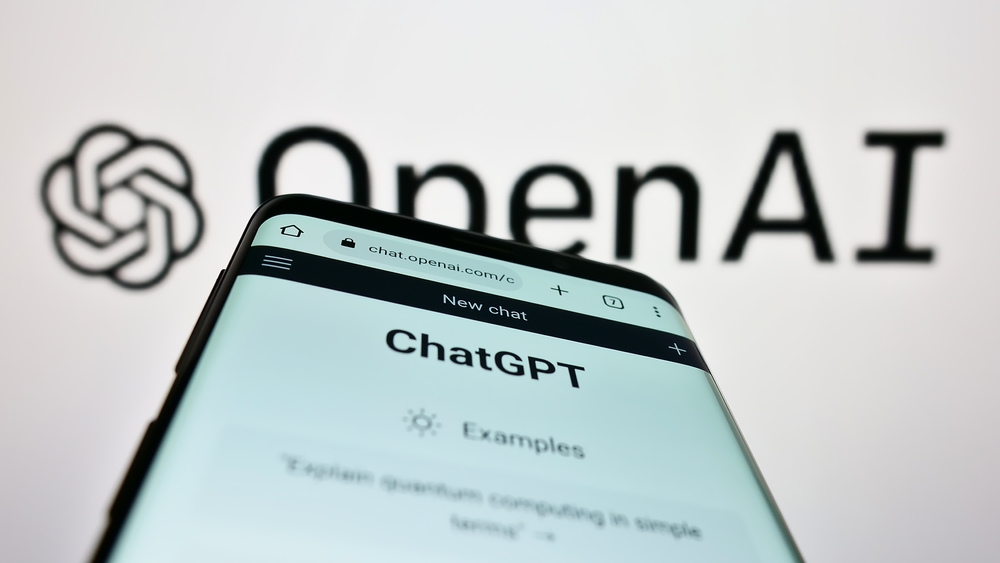Microsoft-backed OpenAI in a recent update confirmed suffering ChatGPT outages following Distributed Denial of Service (DDoS) attacks. The artificial intelligence (AI) firm attributed the DDoS attacks to Russian hackers who repeatedly disrupted service provision.
The Sam Altman-led AI firm acknowledged in its Thursday, November 9 status update that it suffered service disruption on Wednesday. The update captured in a Bloomberg Thursday publication alleged that Russia-backed cybercriminals identified as Anonymous Sudan orchestrated attacks.
OpenAI Suffers Periodic Outages
The Bloomberg report captured OpenAI’s confession of suffering periodic outages following abnormal traffic patterns reflecting a DDoS attack. Nonetheless, the San Francisco-headquartered company portrayed optimism in mitigating the outage and resulting service disruption.
Bloomberg further reported that Anonymous Sudan also claimed responsibility for attacking Telegram. The group revealed that the attack was a retaliation for OpenAI’s move to support Israel amid the ongoing Gaza conflict.
DDoS involves a malicious attempt that disrupts access to the desired network, service, or servers by overwhelming the infrastructure with an internet traffic flood. Service disruption signaling the DDoS attack emerged on Tuesday, November 7, when ChatGPT and Application Programming Interface (API) right from 2252 HRs (EST).
Although OpenAI indicated resolving the challenge by midnight, the sporadic outages still resurfaced. The development prompted OpenAI to issue a subsequent acknowledgment of ChatCPT and API degradation. It promised to sustain investigations and later indicated resolving the disruption deep into the night.
The sporadic outages returned on Wednesday at 0852 Hrs and disrupted service for nearly two hours. OpenAI reported witnessing errors affecting all services from 5:42 am to around 7:16 pm Pacific Time. The California firm confirmed identifying the challenge and implementing the fix to realize normal responses to its services.
Halborn’s Cybersecurity Executive Analogizes DDoS Attack
Blockchain cybersecurity provider Halborn chief operating executive David Schwed analogized the denial of service attack to a jammed phone line. He hypothesized the attack was similar to a scenario when owning a phone line with ten gadgets. If they call simultaneously, it becomes inevitable to suffer a jammed line. Such experience results in the inability to answer the phones.
Schwed explained that the cybercriminals orchestrated denial of service by flooding the network with bandwidth than the equipment could handle. It implies that if one has 10 gigabytes of bandwidth, the cybercriminals will flood it excessively than the equipment can accommodate.
Schwed explained that the Denial of Service (DoS) often portrayed a distributed nature as they originate from various locations. The simultaneous origin makes DDoS attacks impossible to overcome via conventional blocking and filtering.
Schwed explained that DDoS attacks emerge from infected machines and other IOT devices that launch HTTP queries targeting the server or router. Although difficult to resolve through filtering, the network operation center should quickly detect the abnormality owing to the enormous bandwidth consumption.
Schwed warned that attacks could become enormous while network operation centers deploy mechanisms to divert the bad traffic. Such experiences can quickly bring down the machines, so companies should wait until the attack subsides.
Blockchain Industry Suffers DDoS Attacks
Although the outages suffered by ChatGPT are a relatively new experience for AI Chatbot to suffer DoS attacks, the blockchain industry has suffered such cyberattacks multiple times. The Solana network has suffered numerous attacks.
Solana network suffered a 17-hour downtime in September 2021 following a DoS attack. Although Solana recovered from the disruption, it suffered a similar attack in May 2022. The second attack involved a bot swarm identified as Candy Machine.
Weeks later, in June 2022, Solana-based Stepn suffered a DoS attack. In particular, the move-to-earn game suffered a distributed DOS attack. The twin attacks in 2022 marked a rough period for the Solana, coinciding with when the native token suffered an unforeseen plunge.
In a recent communication, the Solana Foundation confirmed dramatic improvement in the network performance. Consequently, OpenAI could replicate the surge in performance given that it has already overcome the outages.
